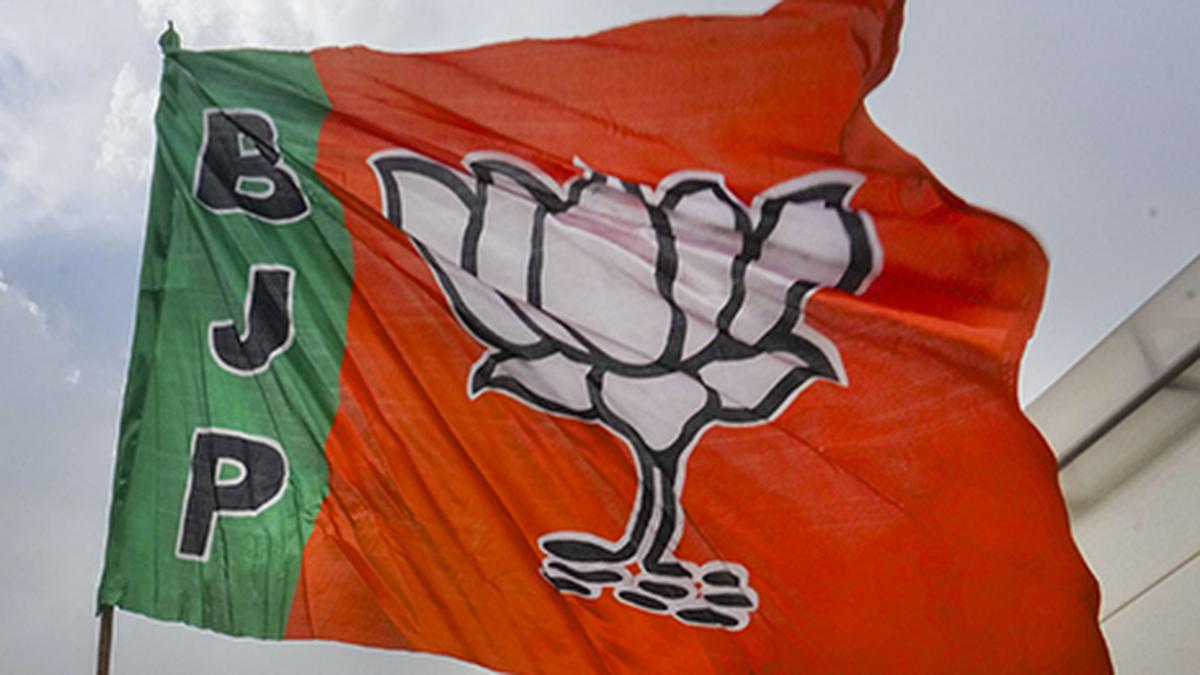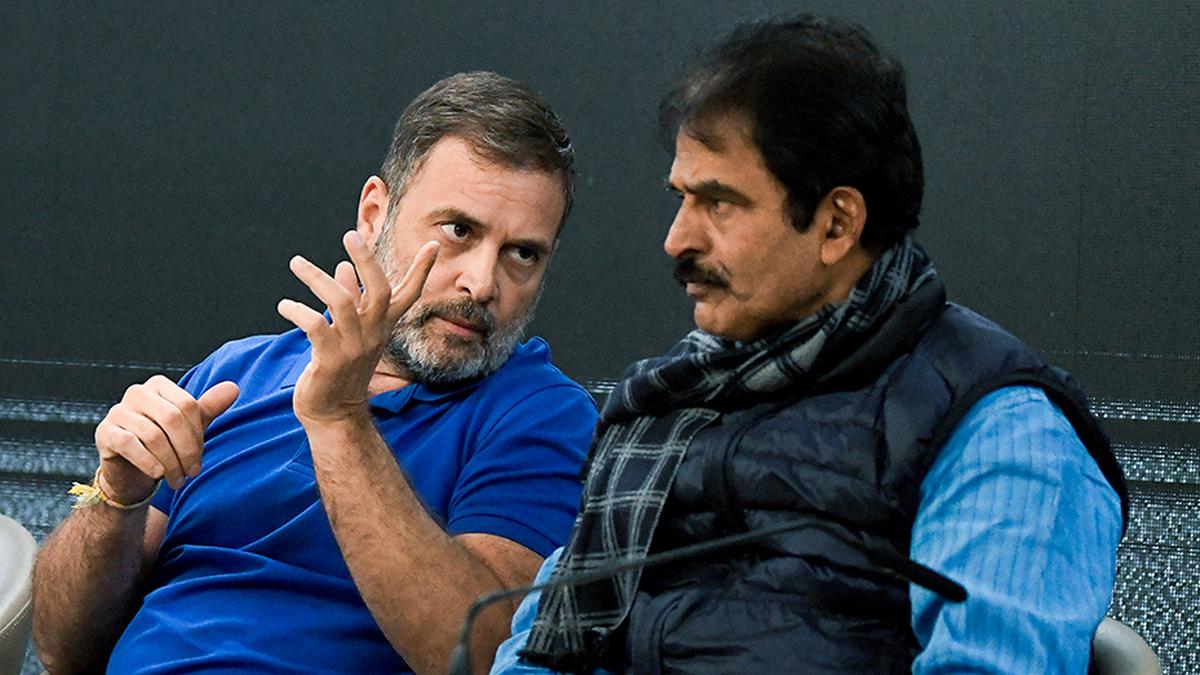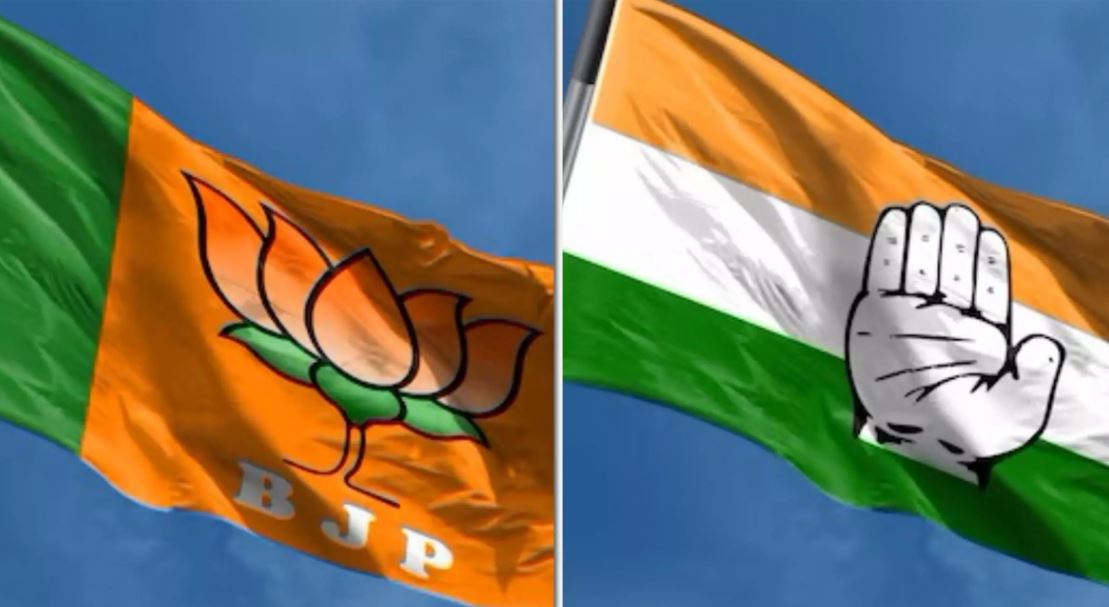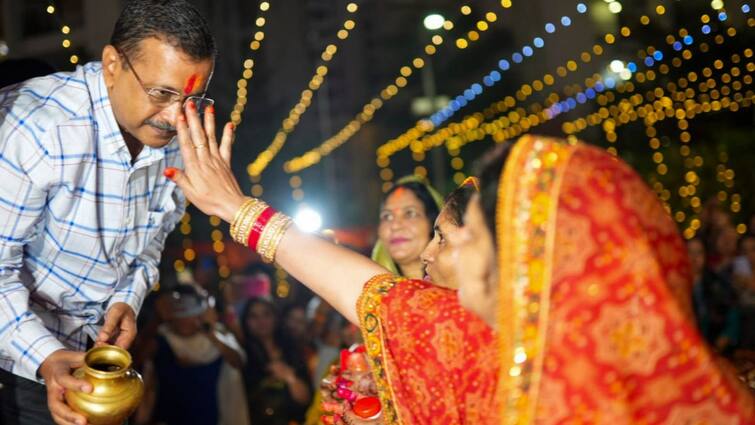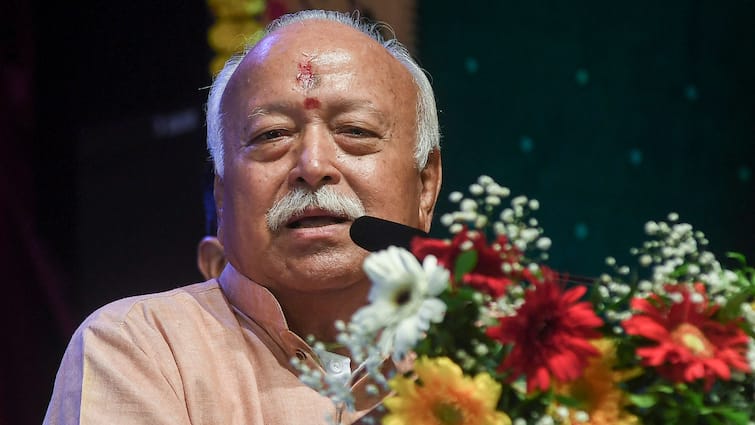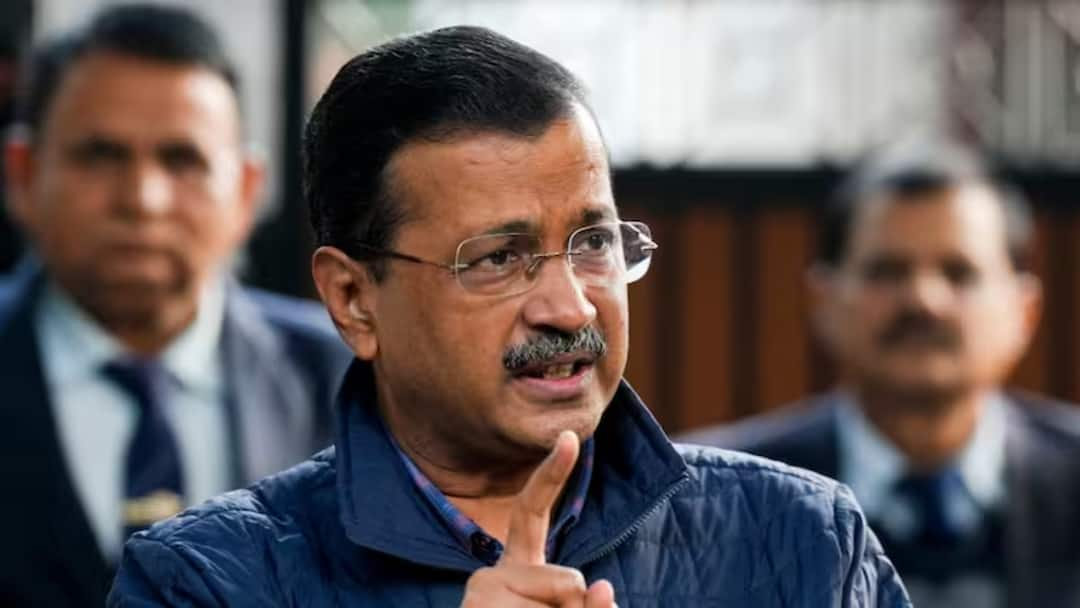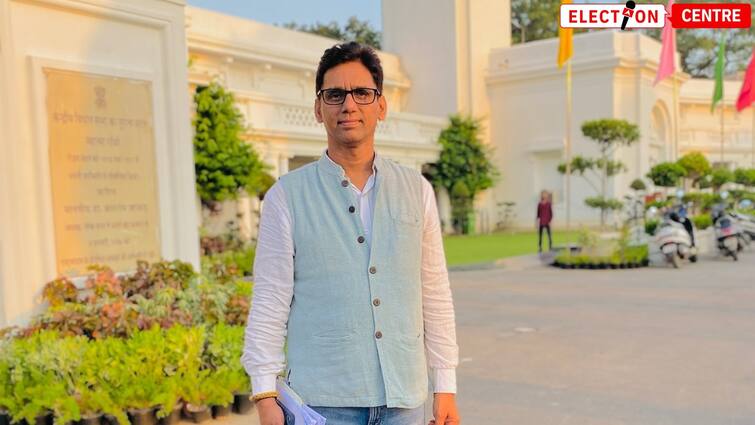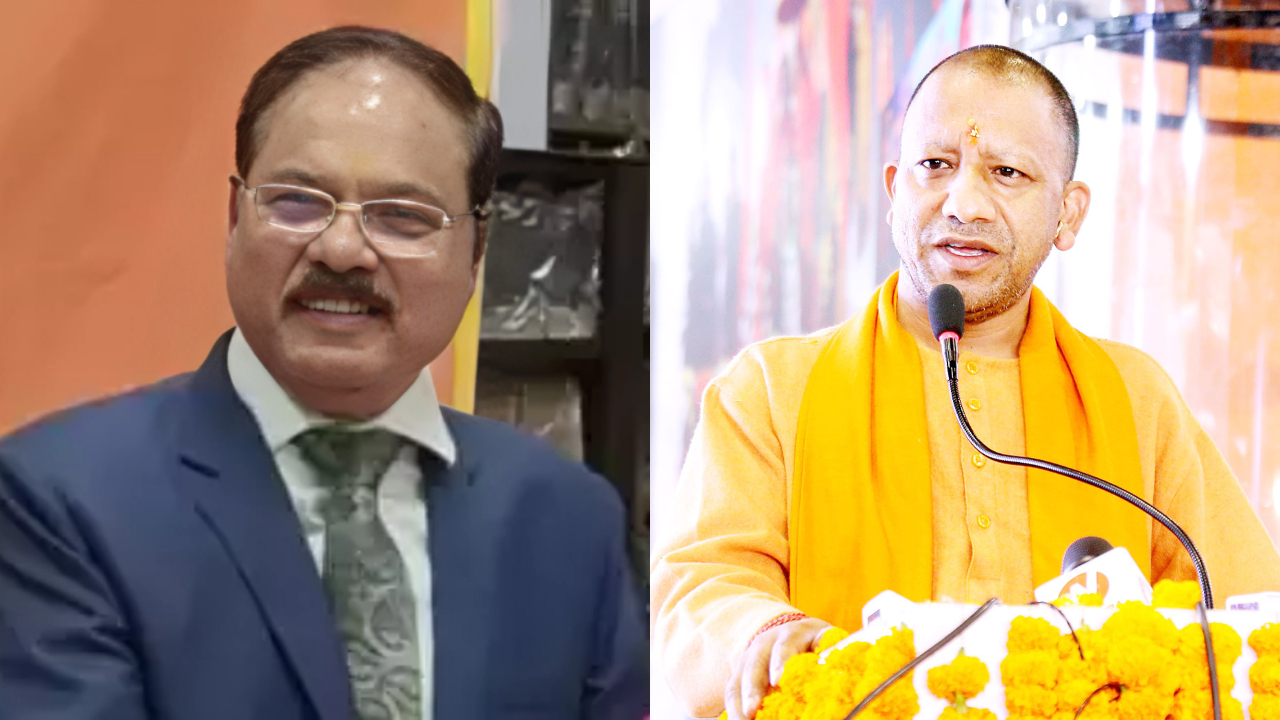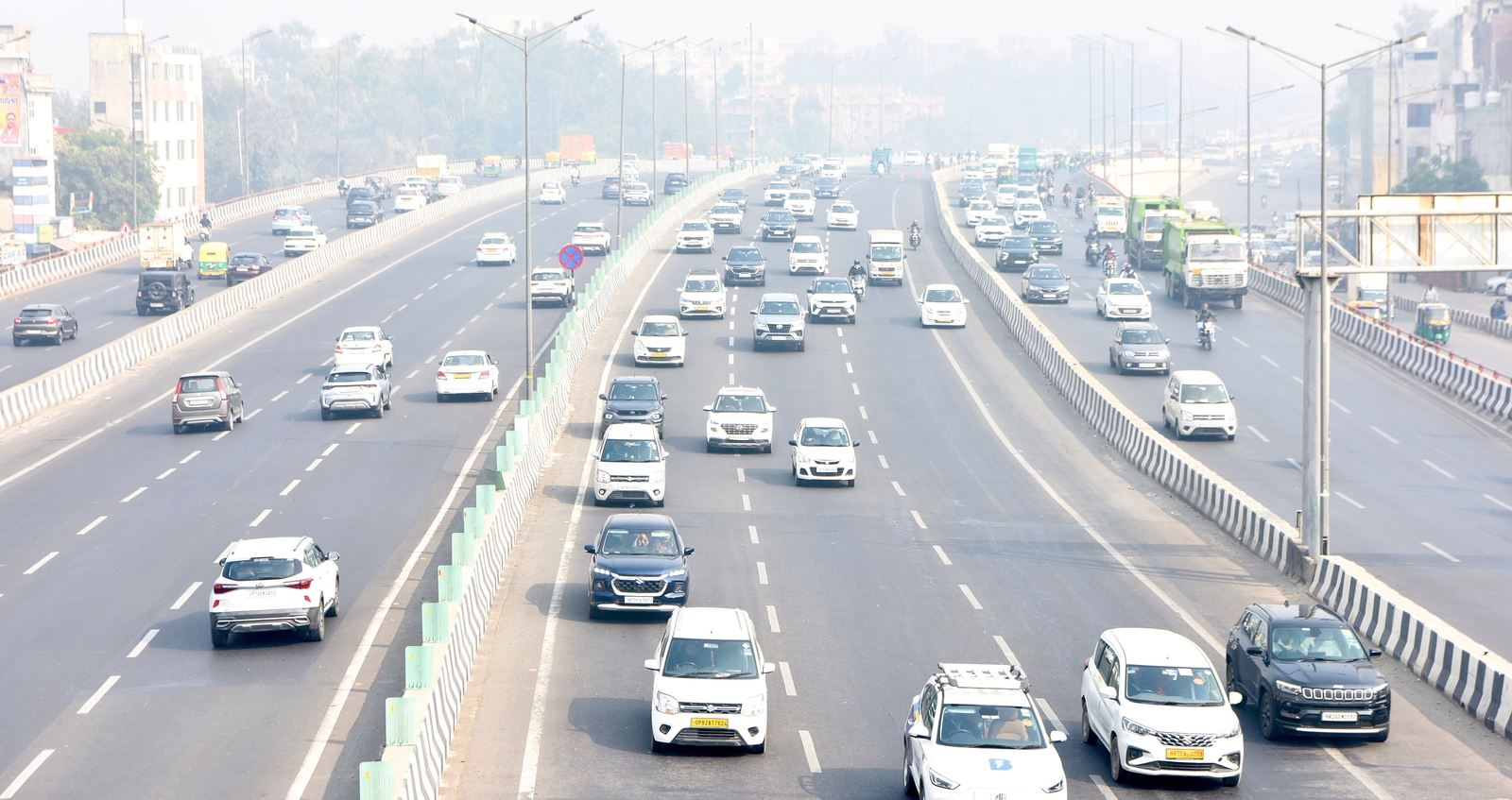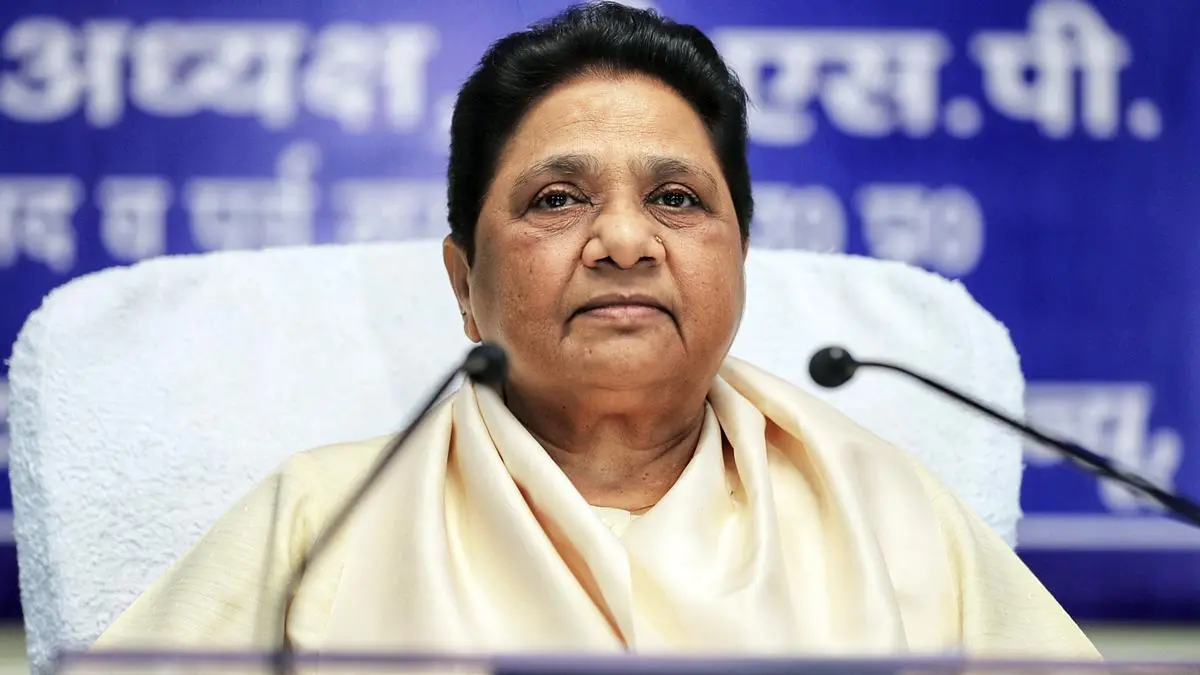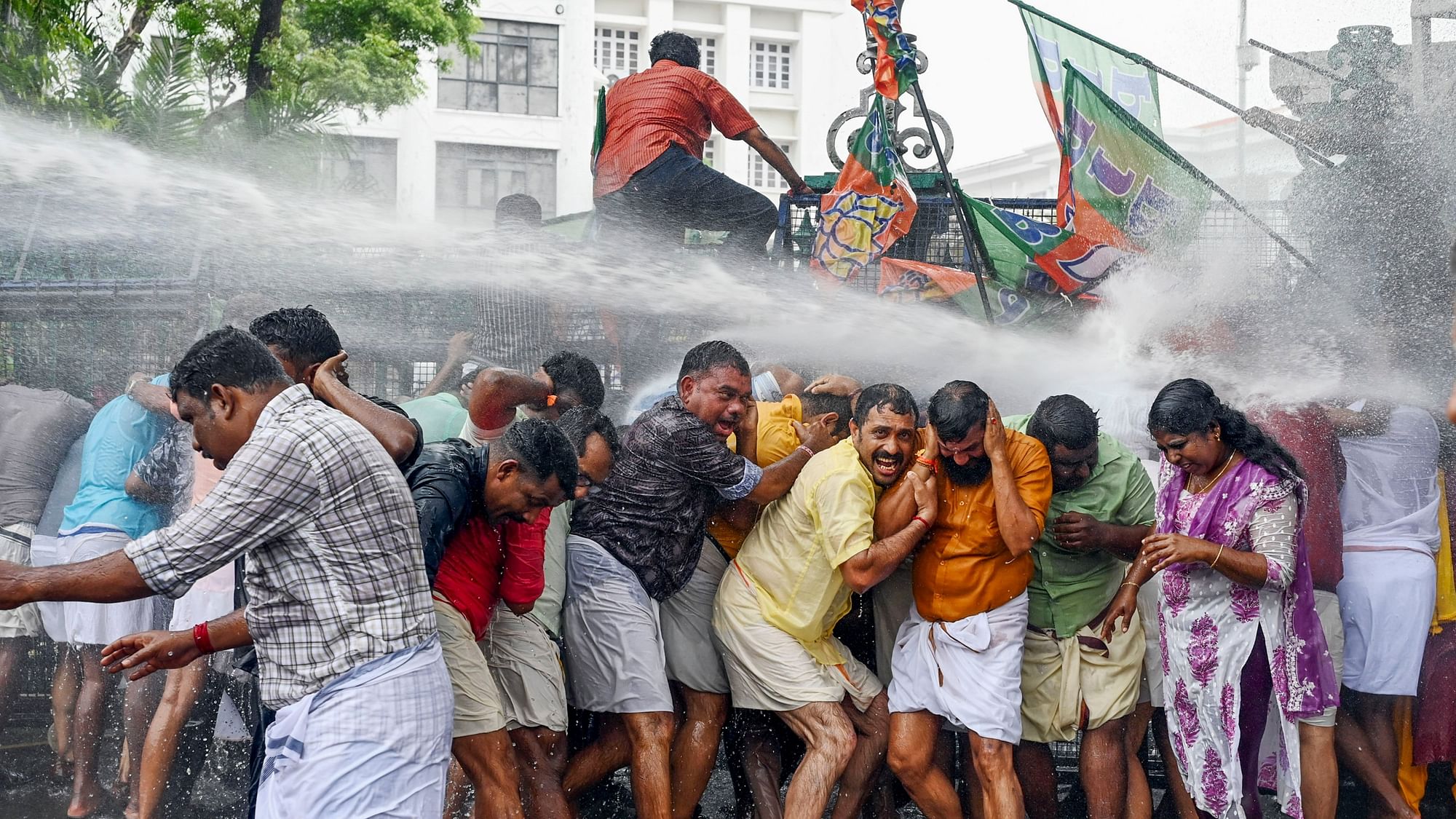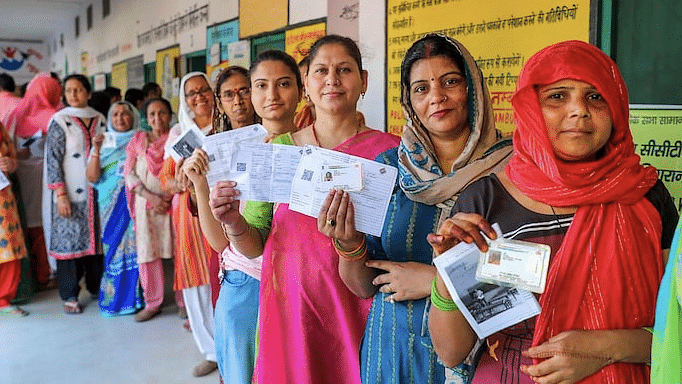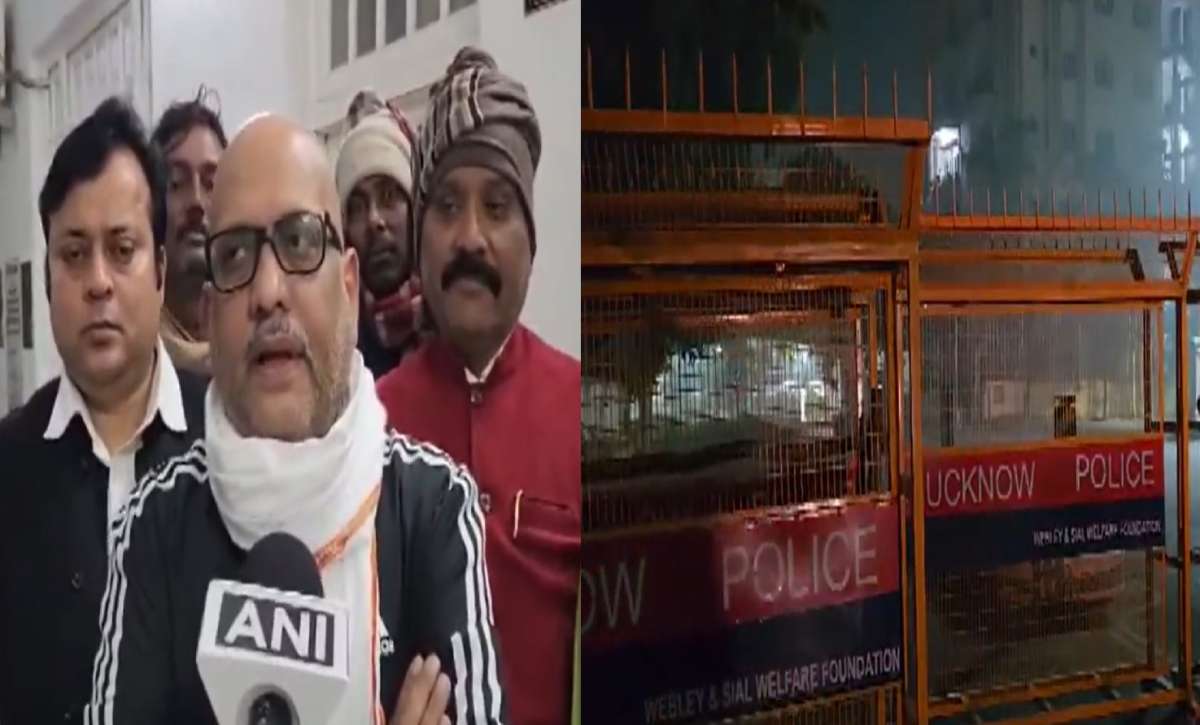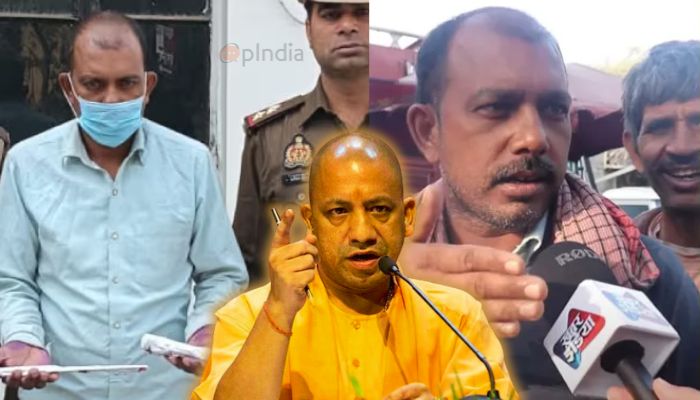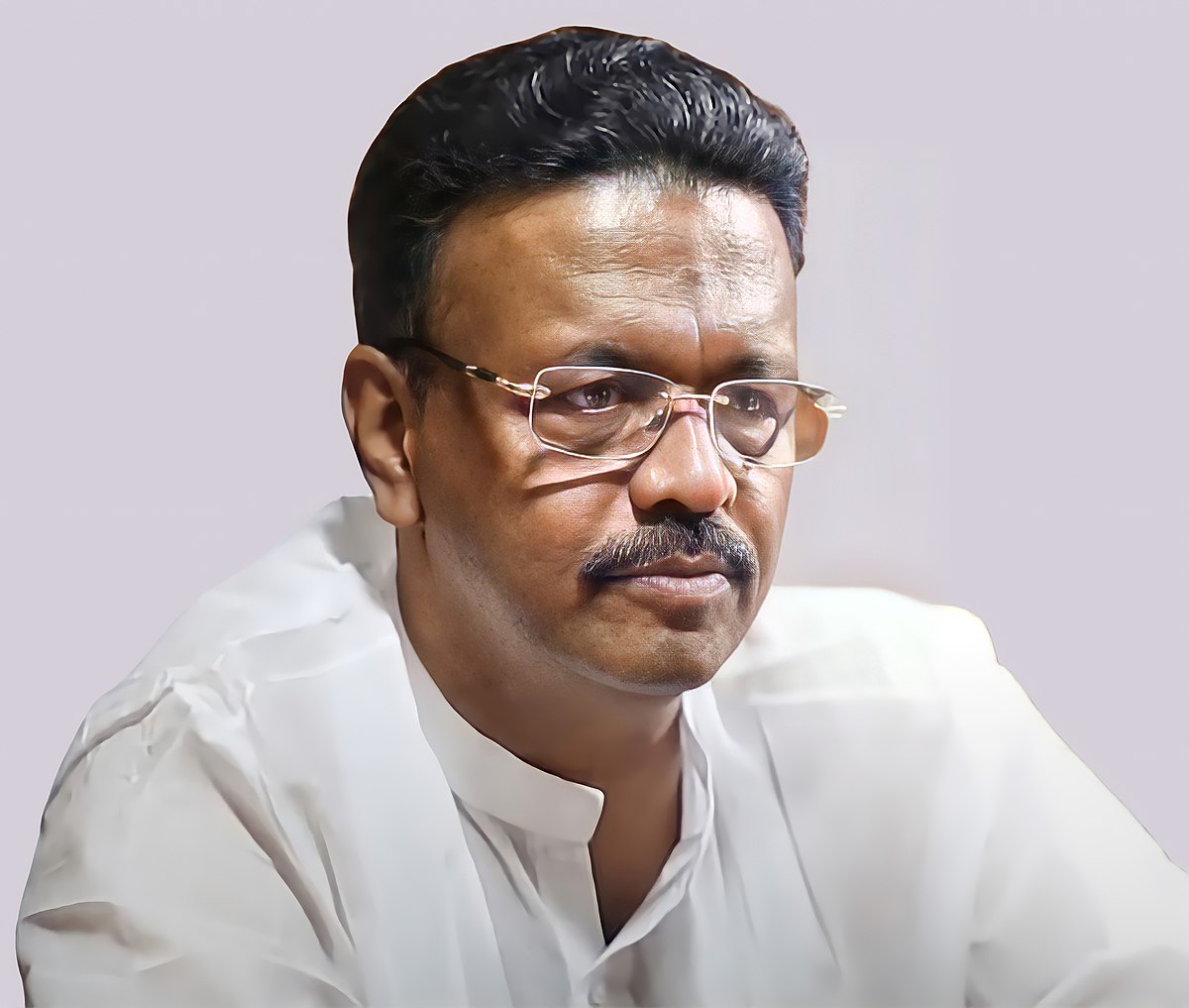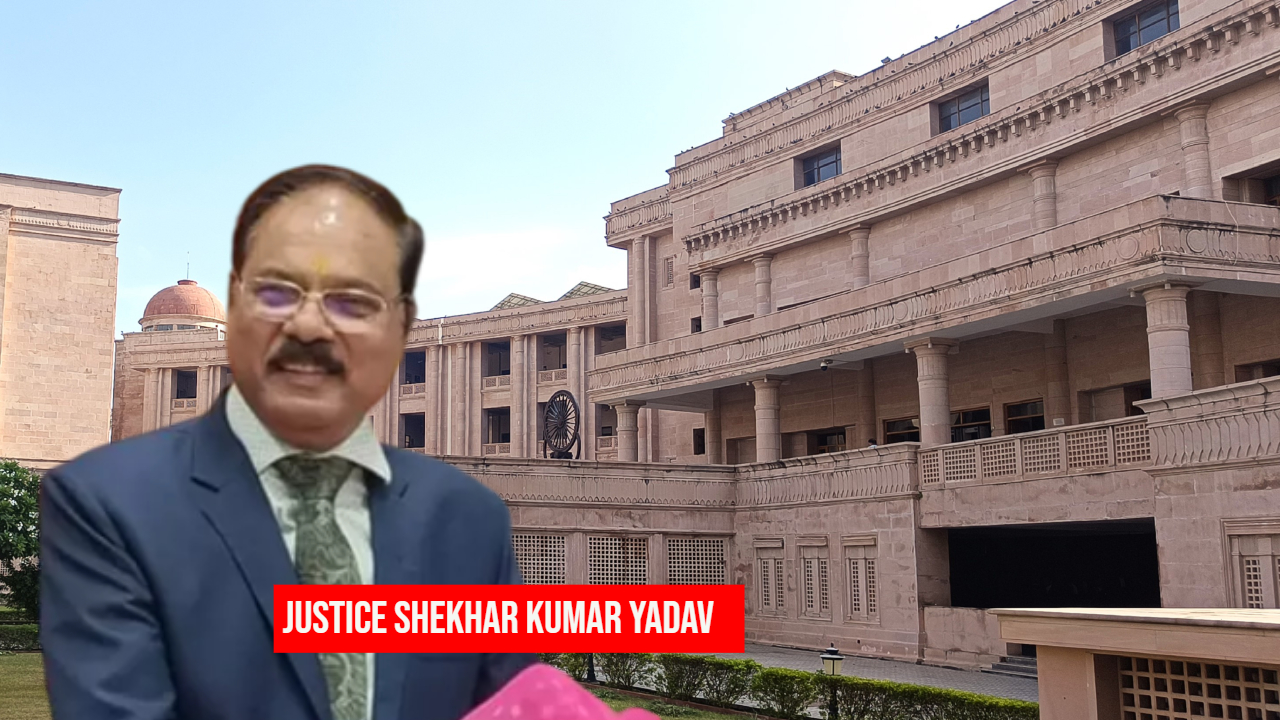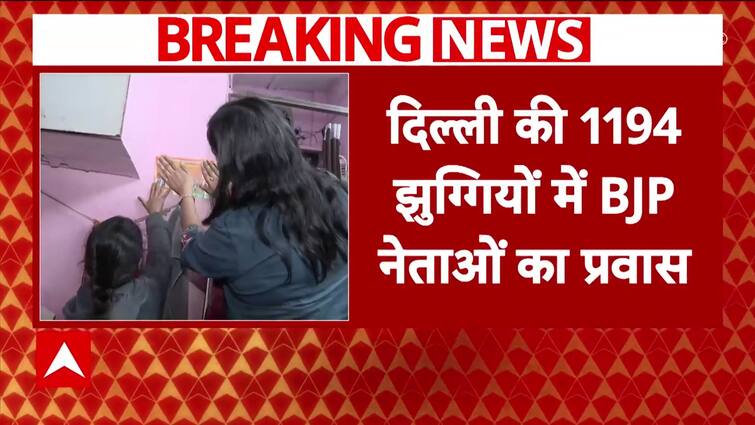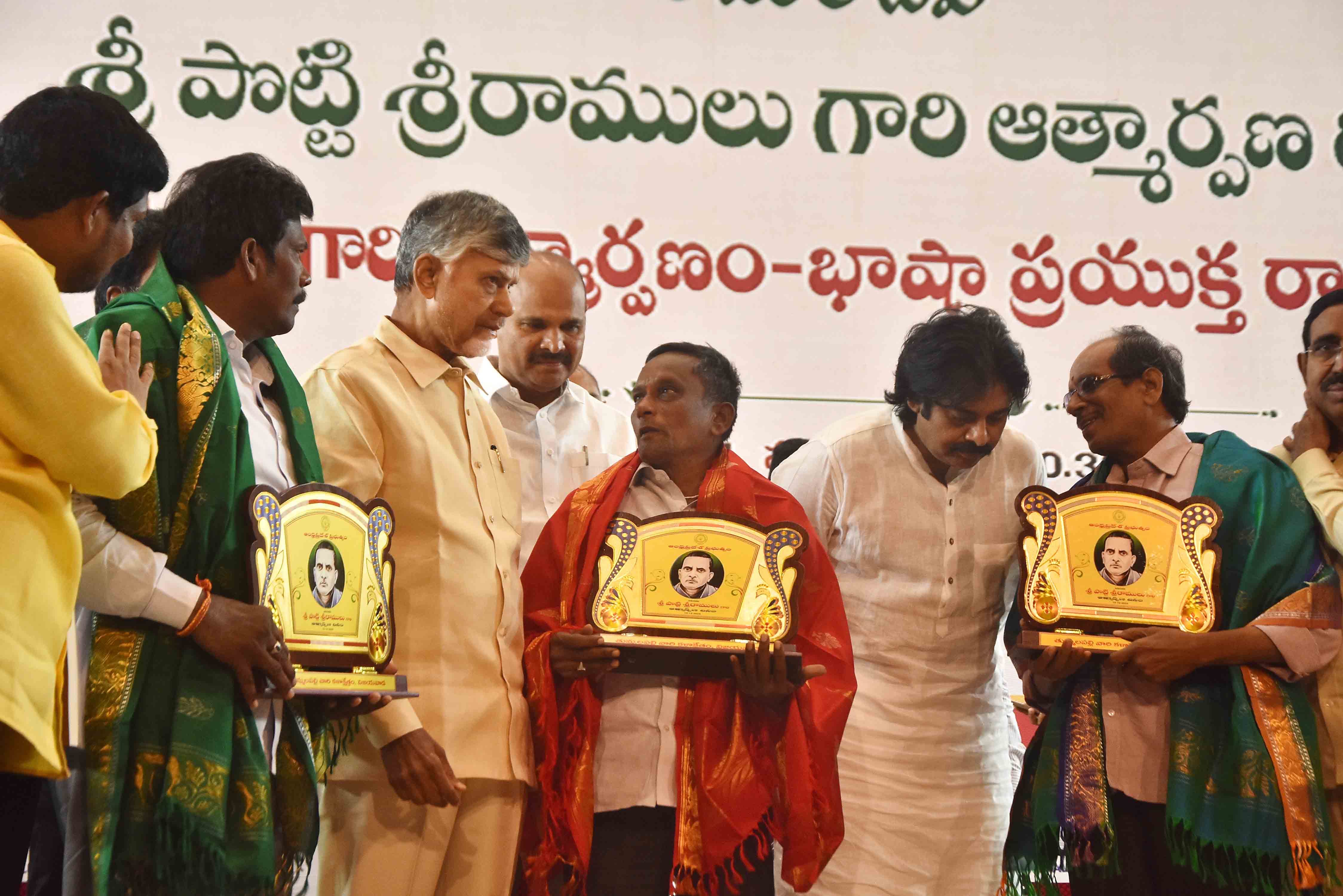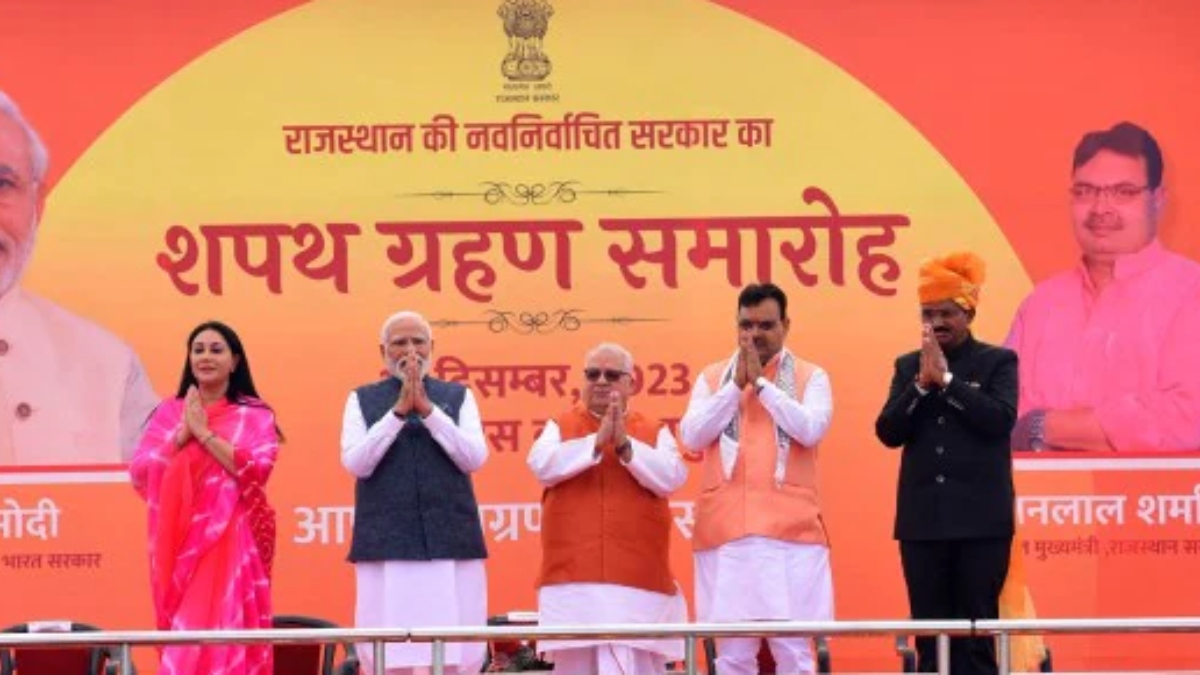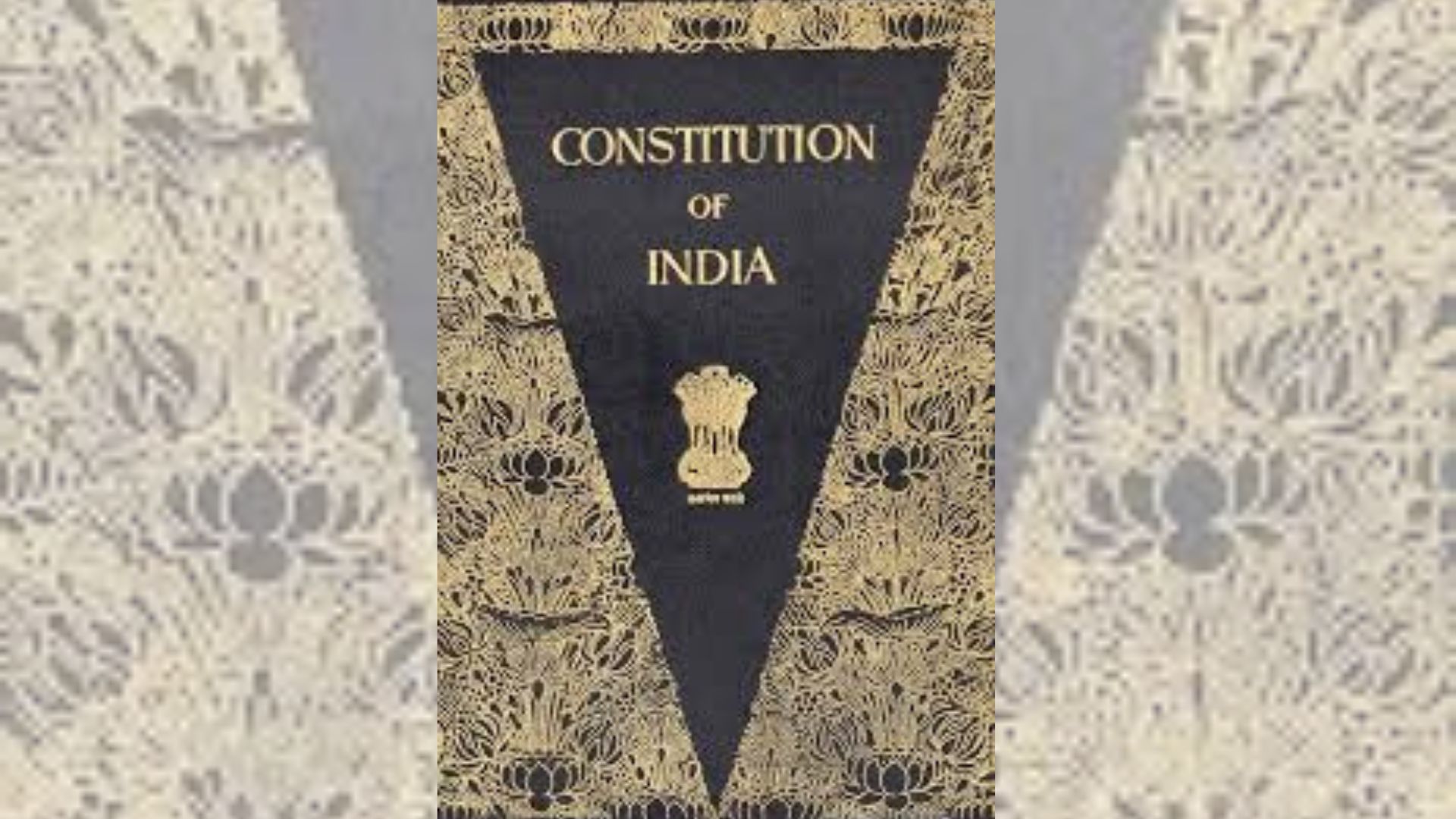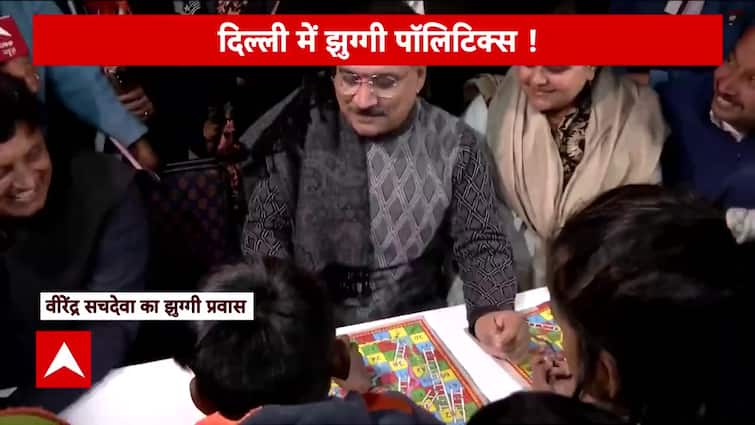SDPI | In the name of faith
The Hindu“We aren’t in mourning; it’s a march of jubilation,” remarked the Social Democratic Party of India ’s State general secretary P.K. Shan was hacked to death, allegedly by workers of the Rashtriya Swayamsevak Sangh, and some SDPI activists now stand accused of carrying out a ‘revenge murder’ — that of the Bharatiya Janata Party’s OBC Morcha State secretary Ranjith Sreenivas — just 11 hours later. While the PFI is an organisation of ultra-religious Muslims which draws heavily on the Muslim victimhood narrative, the SDPI, floated as its political arm in 2009, is a cadre-based party registered with the Election Commission of India with the stated aim of striving for social democracy, for equal representation and socio-economic empowerment of Muslims, Dalits and Adivasis. In a paper on the ‘Crisis of Secularism and Changing Contours of Minority Politics in India: Lessons from the Analysis of a Muslim Political Organisation’, published in Asian Survey, authors R. Santhosh and Dayal Paleri of IIT-Madras argue that the politics of the PFI is “characterised by a reconciliation of secular liberalism, including the use of extensive legal pragmatism and a politics of defensive ethnicisation, calibrated through an exclusivist, instrumental use of religion”. While it has committees in 14 States and representation in local bodies in West Bengal, Bihar, Rajasthan, Uttar Pradesh, Karnataka, Kerala, Tamil Nadu, Pondicherry and Andhra Pradesh, the SDPI puts social activism — the anti-Citizenship Amendment Act protests that saw several cases foisted on it, to name one — ahead of electoral performance.
History of this topic
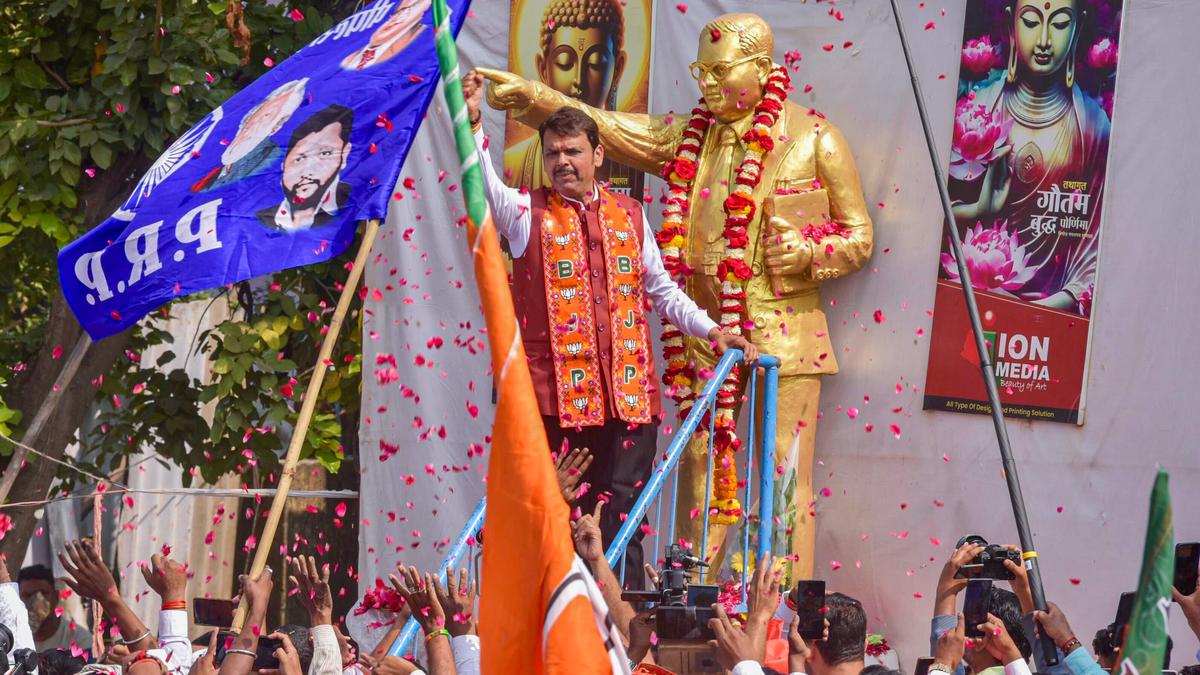
Why is Maharashtra poll fray fragmented?
The Hindu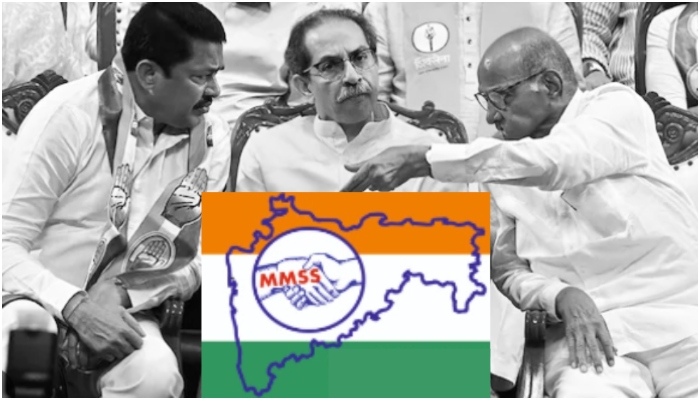
Meet Marathi Muslim Seva Sangh (MMSS), NGO practicing 'vote jihad', instigating hatred, fear among Muslims to vote against BJP
Op India
Muslim outfits in Kerala lash out at Vellappally Natesan
New Indian Express
Will Suresh Gopi's victory change the political landscape of Kerala?
New Indian Express
Four anti-Muslim claims dominating India’s election: What’s the truth?
Al Jazeera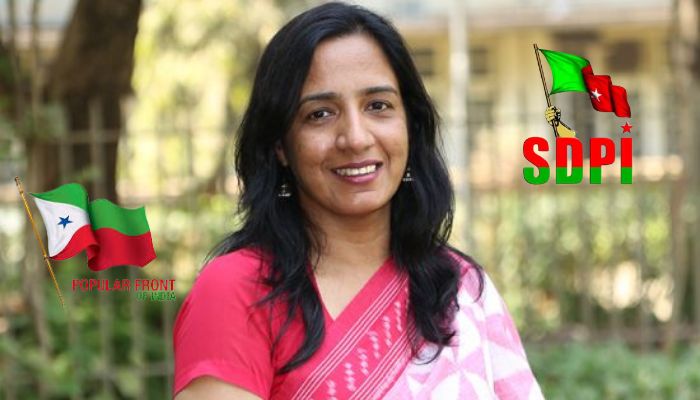
SDPI extends support to Parveen Shaikh, the pro-Hamas Principal of The Somaiya School
Op India
Southern Lights | The Muslim vote will decide the winner of the UDF-LDF tussle in Kerala
Hindustan Times
View: Belligerent PM Modi puts Congress in a fix over Muslim empowerment
Hindustan Times
The tactically silent Indian Muslim voter
Hindustan Times
SAD fields Hindu faces from Amritsar, Patiala, looks to go beyond Panthic image, emerge as ‘voice of Punjab’
Hindustan Times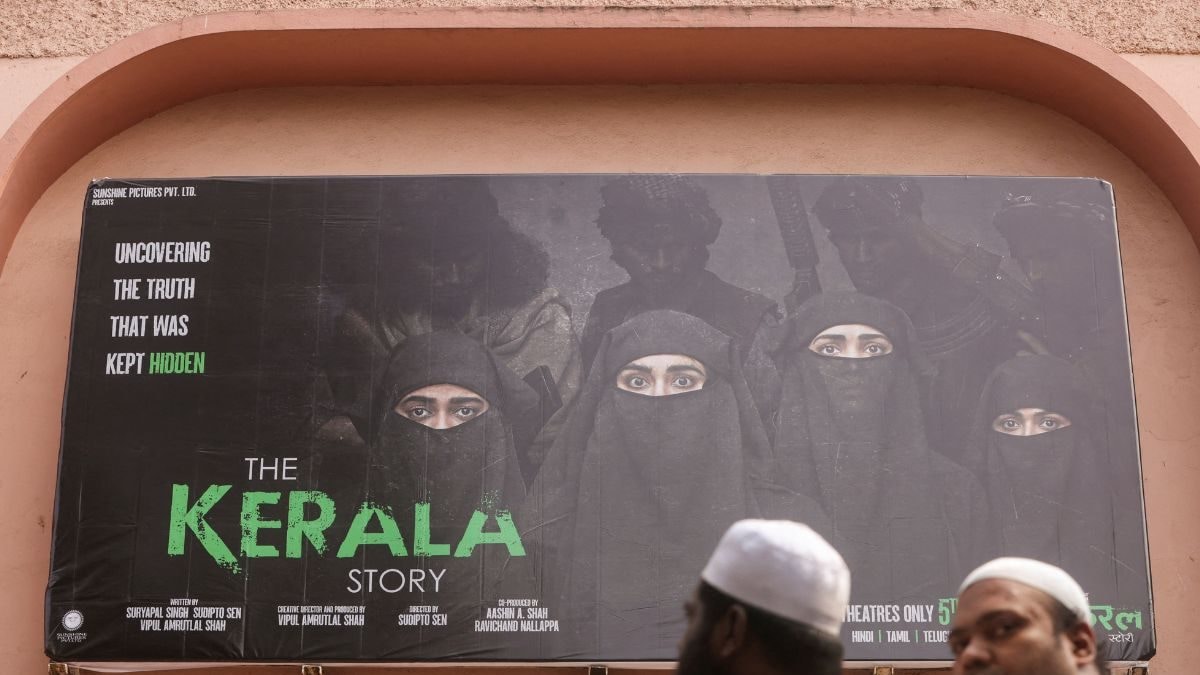
Lok Sabha Polls: BJP's Forward March in Kerala 'Gimmick' or Dent in Existing Left-Congress Politics?
News 18
Congress's Decision to Reject SDPI Support Upsets BJP Poll Strategy
Deccan Chronicle
‘TDP may lose Muslim votes after joining hands with BJP’
Hindustan Times
Lok Sabha polls | SDPI support for Lok Sabha election lands Congress in a quagmire
The Hindu
CPI(M), BJP attack Cong. for ‘seeking’ SDPI support
The Hindu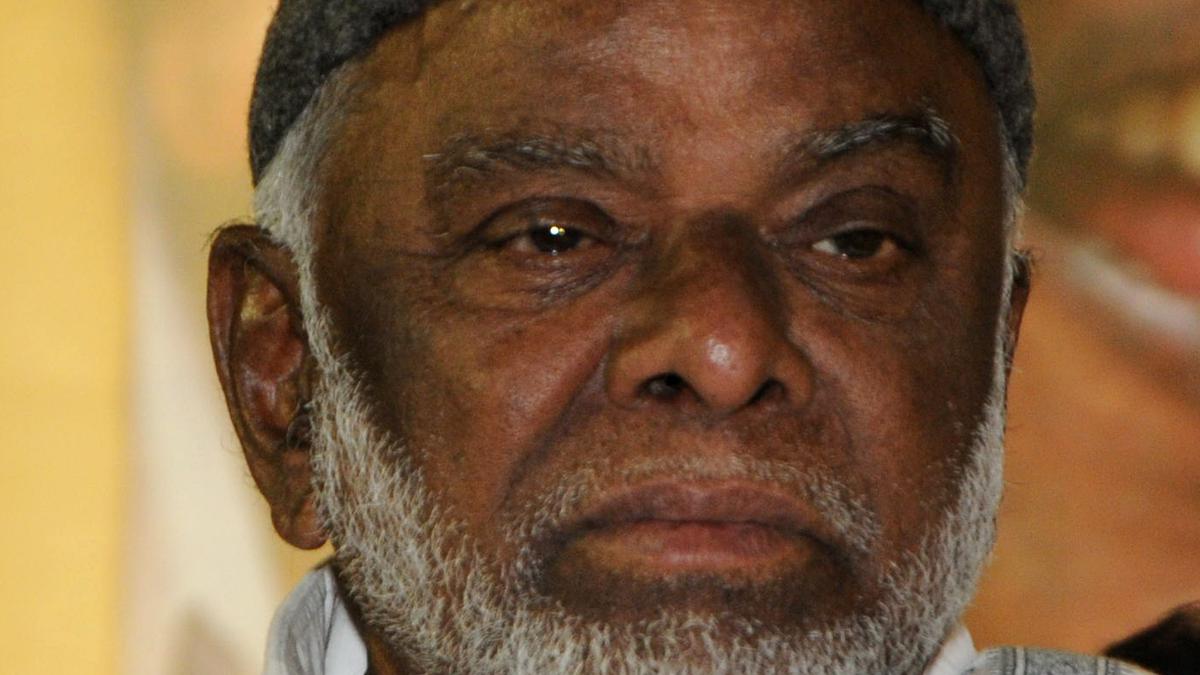
Support for BJP is waning across the country: IUML national president
The Hindu
DC Edit | Will BJP win Christian votes?
Deccan Chronicle
KTR Warns Muslims, Says Don't Be Used As Vote Bank
Deccan Chronicle
‘Don’t allow religion in politics’: Priyanka Gandhi in MP
Hindustan Times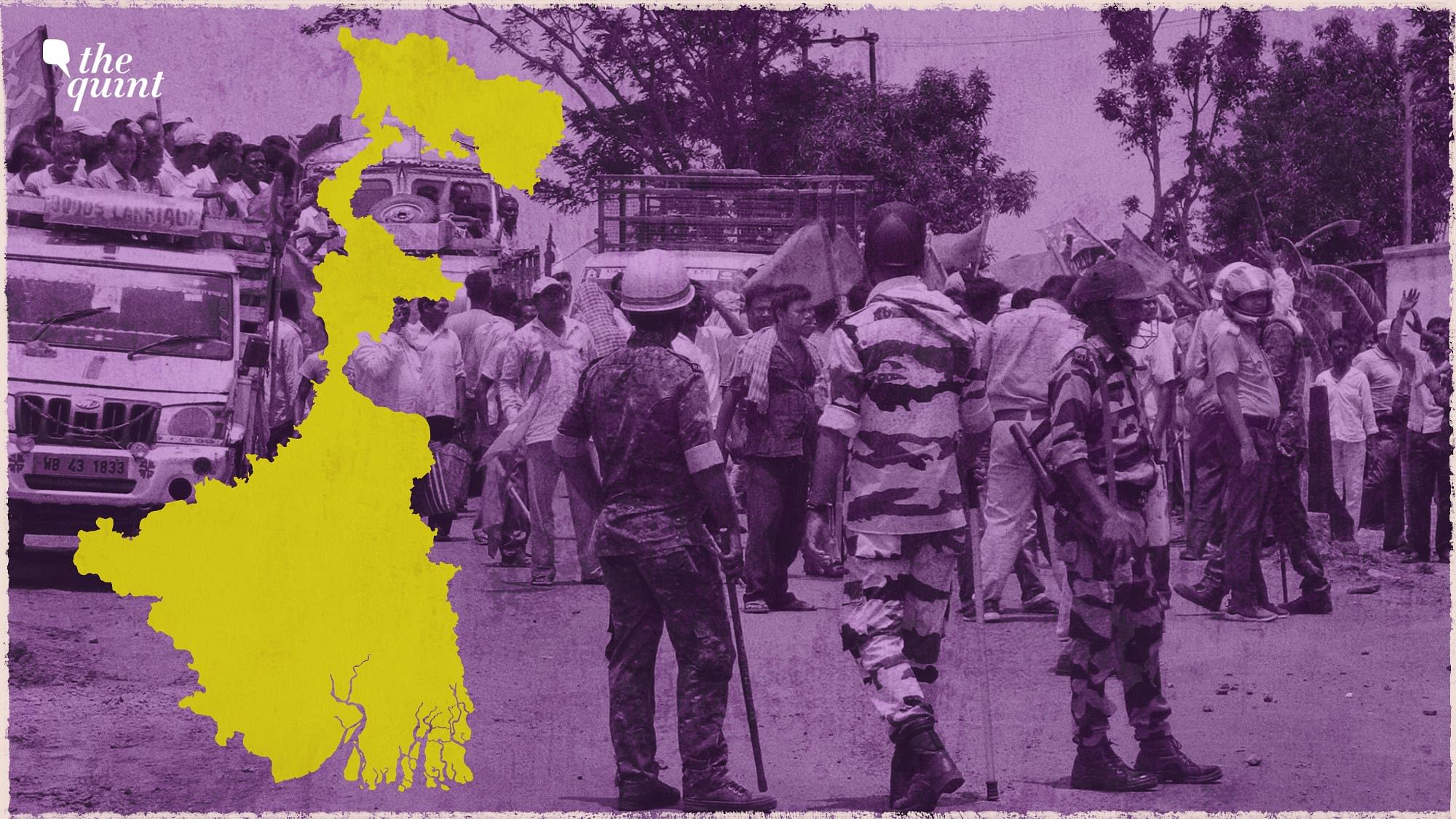
West Bengal Panchayat Polls: In TMC vs BJP Face-Off, Left Maybe the Dark Horse
The Quint
There are things bigger than politics when you go abroad: Jaishankar's swipe at Rahul Gandhi
India Today
Rahul Gandhi faces criticism for ‘Muslim league is secular’ comment
Live Mint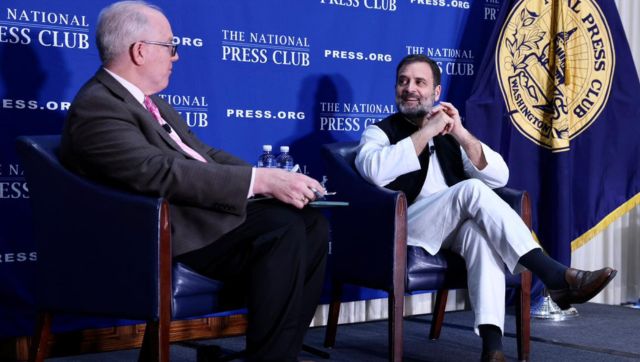)
Watch: After declaring Muslim League ‘secular’, Rahul Gandhi defends espionage accused; BJP calls him ‘dangerous’
Firstpost)
Rahul Gandhi says Muslim League a 'secular party', BJP retorts 'it's his compulsion to remain acceptable in Wayanad'
Firstpost
‘Muslim League secular’: Rahul Gandhi; 'Compulsion to stay acceptable in Wayanad': BJP
Hindustan Times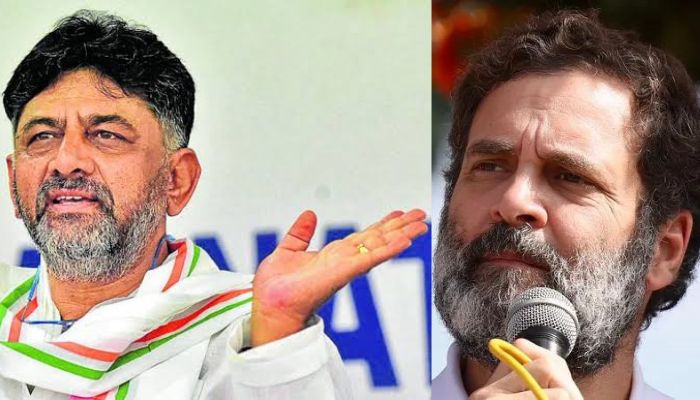
Karnataka: Congress win and issues of Hijab, PFI, Bajrang Dal, & Muslim Quota. What can Hindus expect
Op India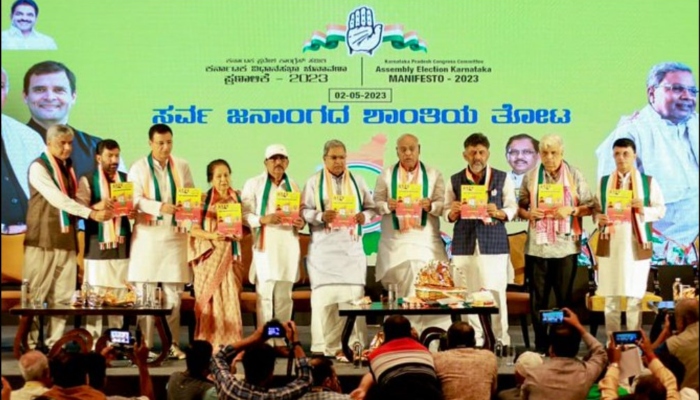
Congress in its Karnataka manifesto vows to ban Bajrang Dal, equates it to PFI
Op India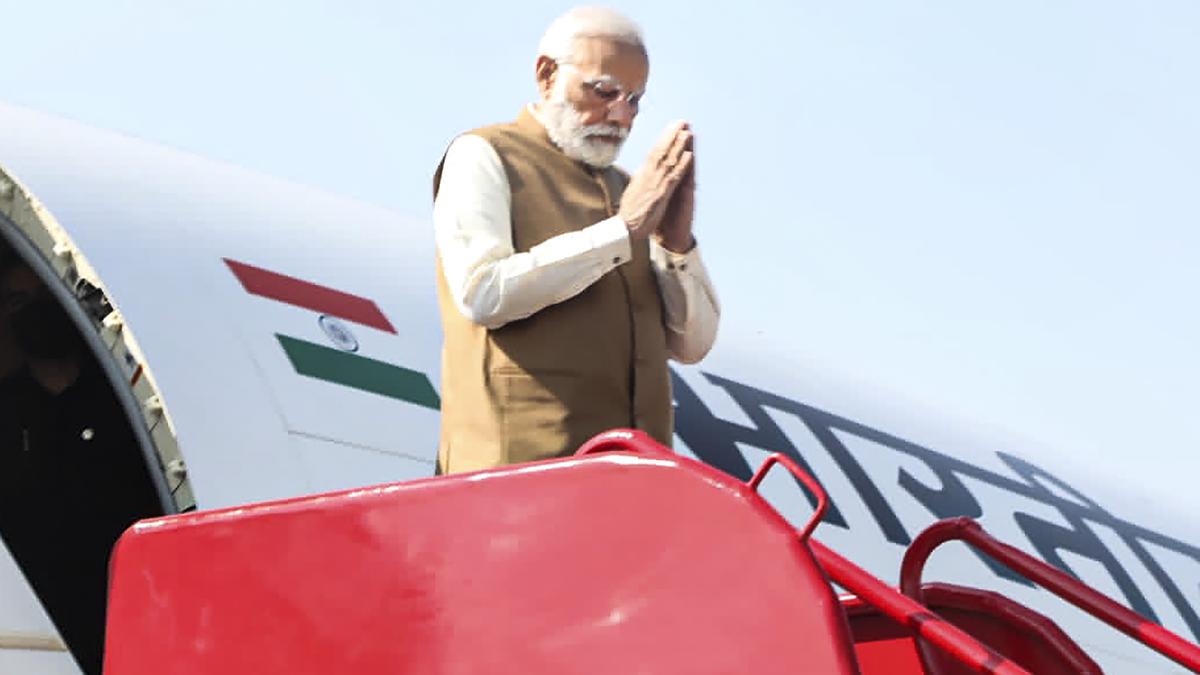
Political Line | Big Picture: Five vantage points of opposition to Narendra Modi
The Hindu
Karnataka polls: SDPI's move to field candidates likely to hit Cong's prospects
Deccan Chronicle
'Lotus Religious Symbol; BJP Should Be Added In Plea To Ban Parties With Religious Names' : Muslim League To Supreme Court
Live Law
Tipu Jayanthi was conspiracy to make muslims fight hindus: Shobha Karandlaje
Deccan Chronicle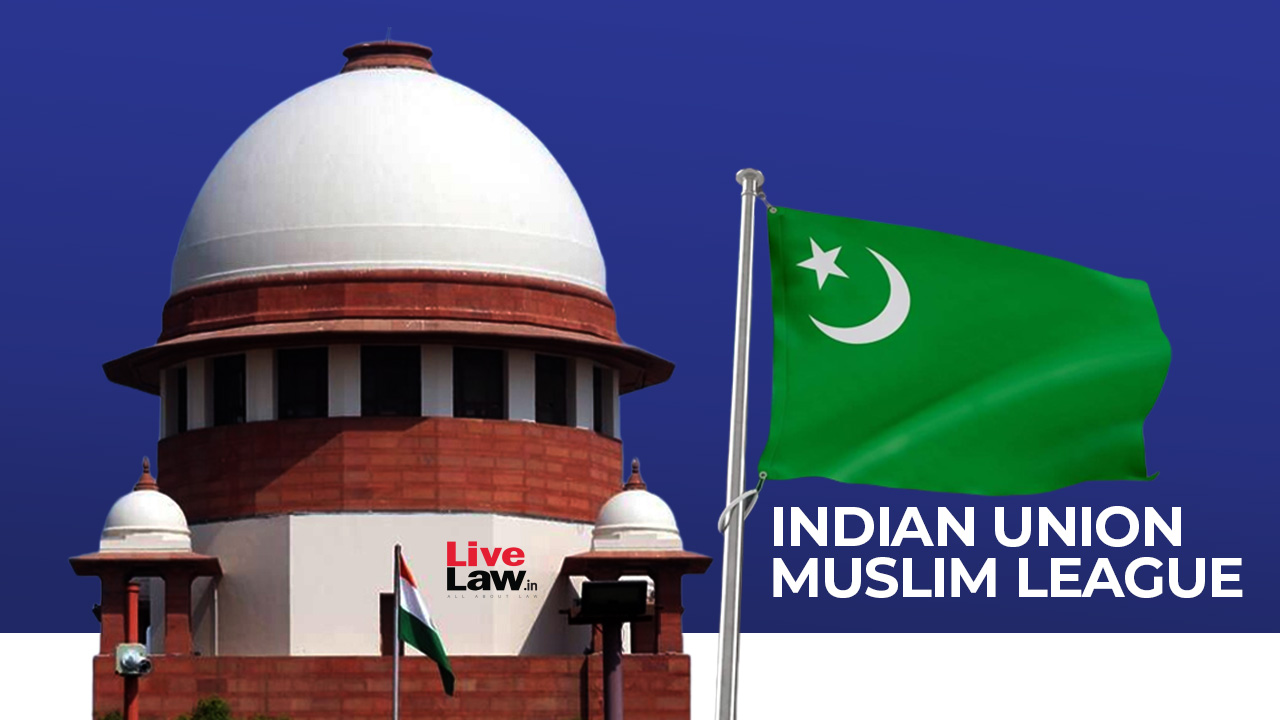
'Secular In 75 Years Of Functioning' : Muslim League Tells Supreme Court Opposing Plea To Ban Political Parties With Religious Names
Live Law)
Dilemma of Muslim community: How minority politics in India has prioritised 'identity' over issues of actual concern
Firstpost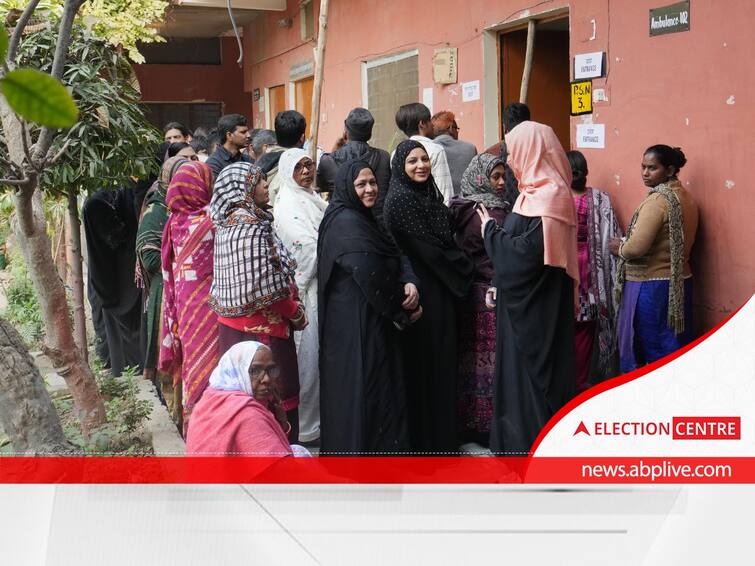
In AAP’s MCD Win, A Key Takeaway: 'Disillusioned' Muslim Voters
ABP News
PFI ban puts minority votes under spotlight in poll-bound Karnataka
Deccan Chronicle
DC Edit | Isolate PFI over ideology
Deccan Chronicle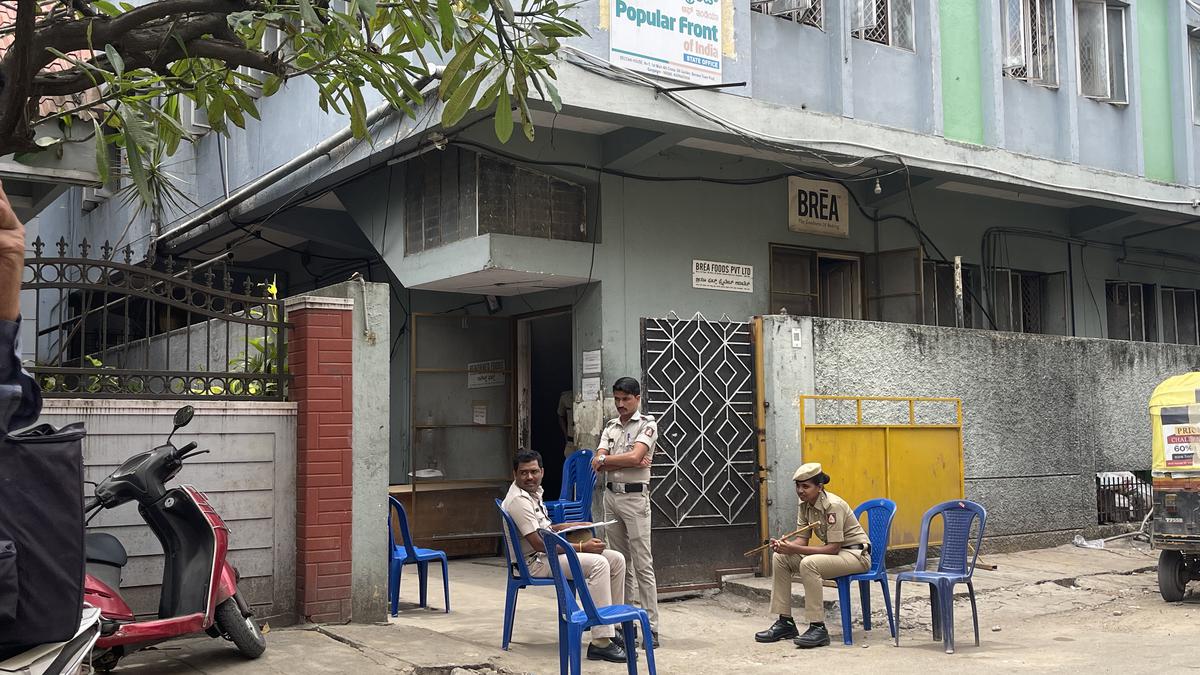
PFI ban: Ministry of Home Affairs cites murders of four Hindutva activists in Karnataka to make a case
The Hindu
SC issues notice to Election Commission on parties using religious names, symbols
India Today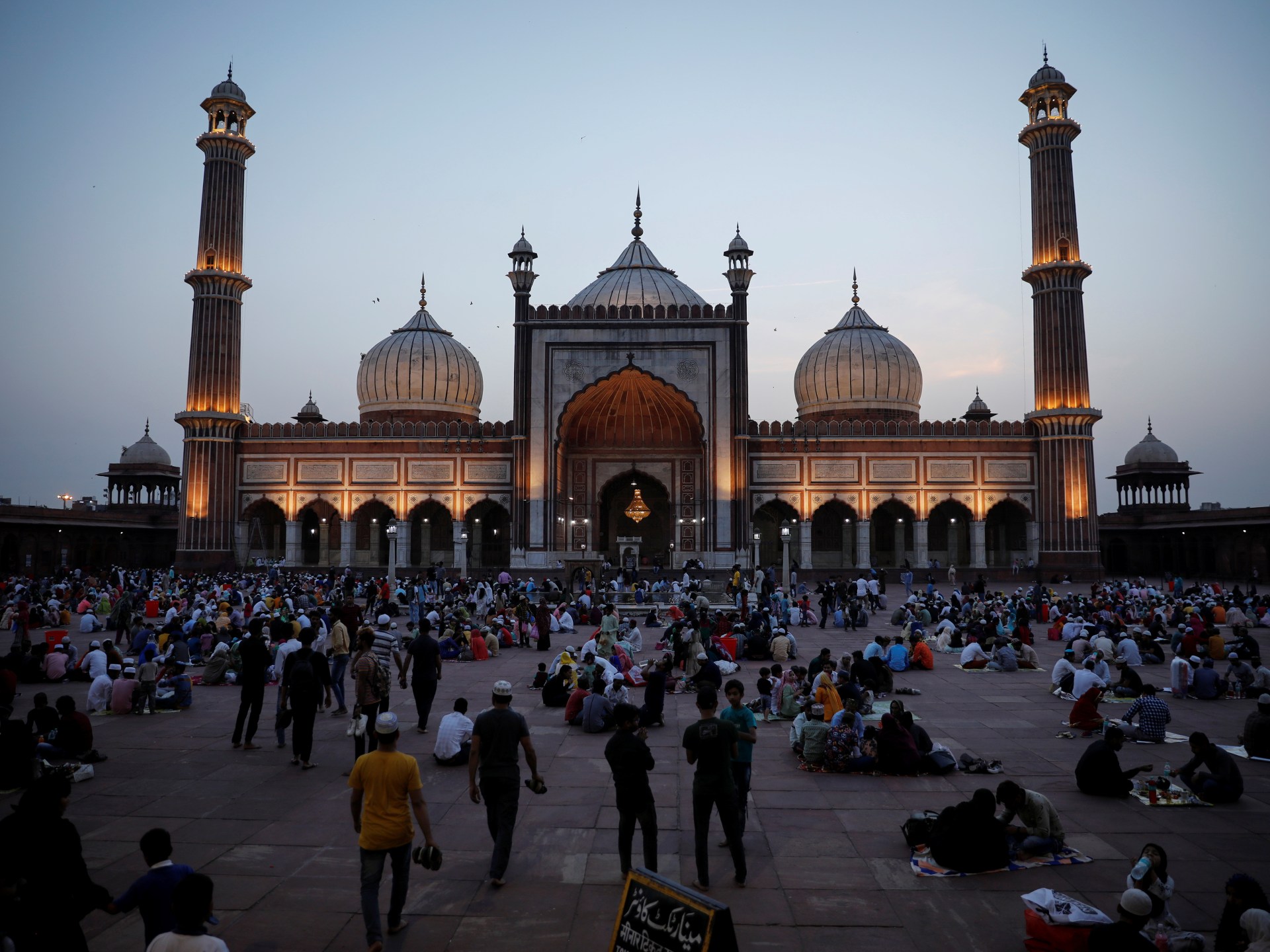
‘Attack on a dream’: Muslims in fear as Indian democracy turns 75
Al Jazeera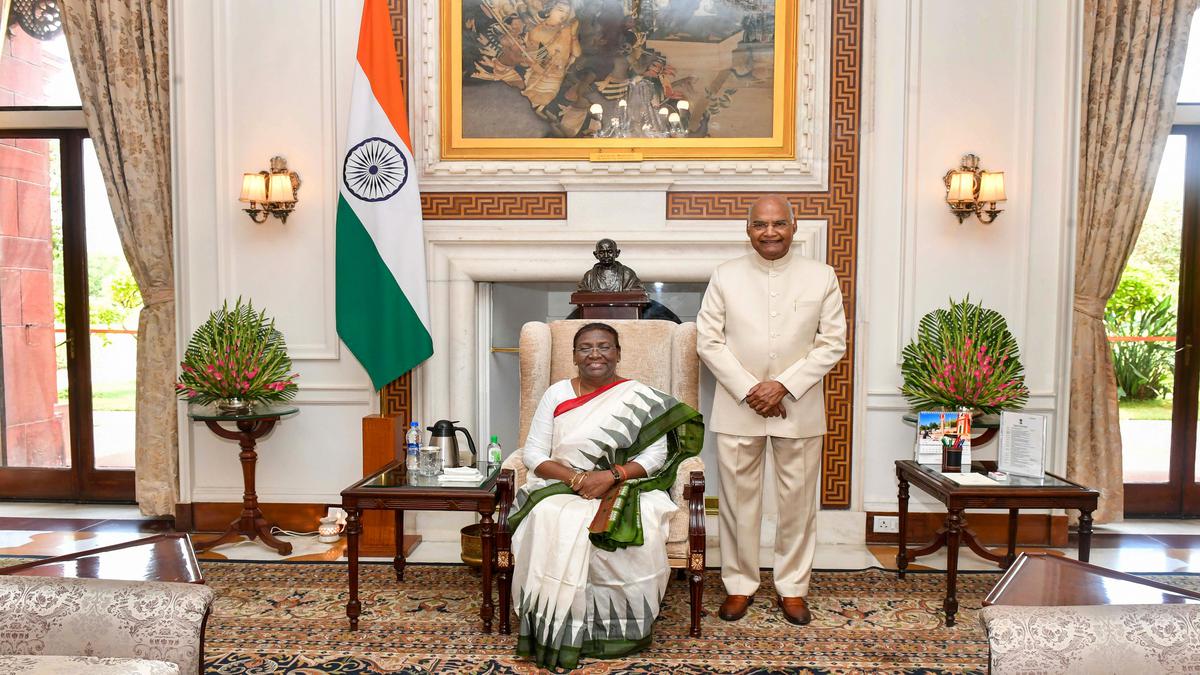
Presidential elections, BJP’s Muslim outreach, political films and more | Political Line
The Hindu
Exclusive breakdown of PFI “India Vision 2047”: Establishment of Islamic govt, murder of ‘coward Hindus’, arms training, infiltration of Judiciary and more
Op Indiathe sheikhs have a say counting people bydistrict and caste the happy brahmins and the unhappy rest in karnataka | political line
The Hindu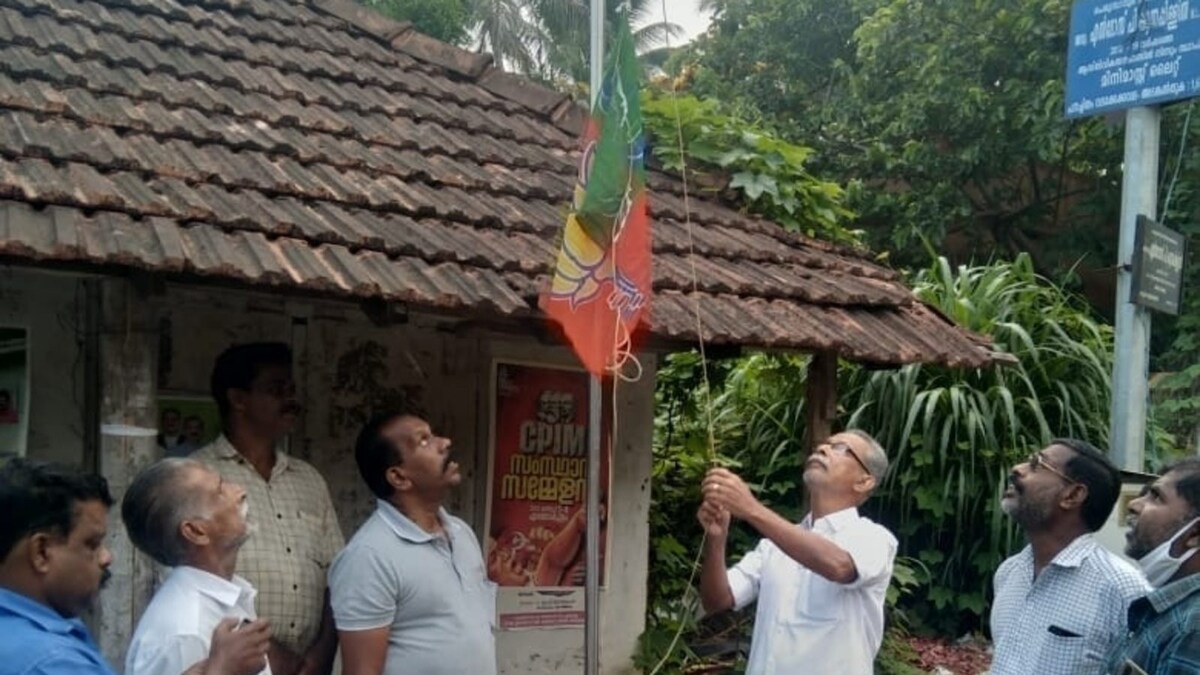
Party Wants Either Muslims or Christians on Its Side to Crack Kerala Conundrum - News18
News 18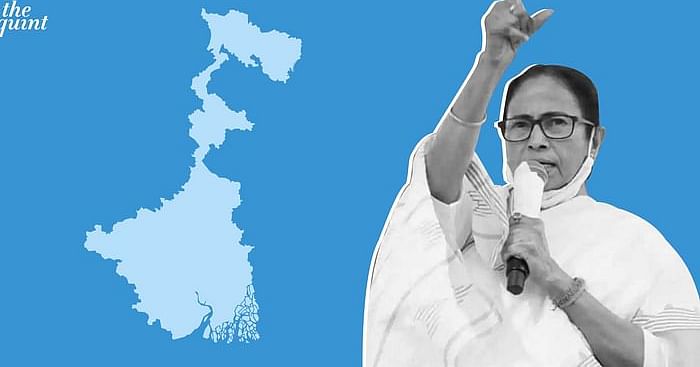
Region, Religion, Resentment: These 3 Factors May Reshape West Bengal Politics
The Quint
A new social core: The Hindu Editorial on the ideologically-affiliated voters of the BJP
The Hindu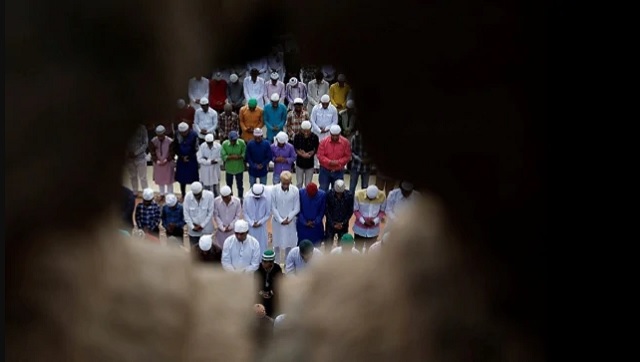)
Assembly poll results and after: Why Muslims and the BJP need to talk, and talk fast
Firstpost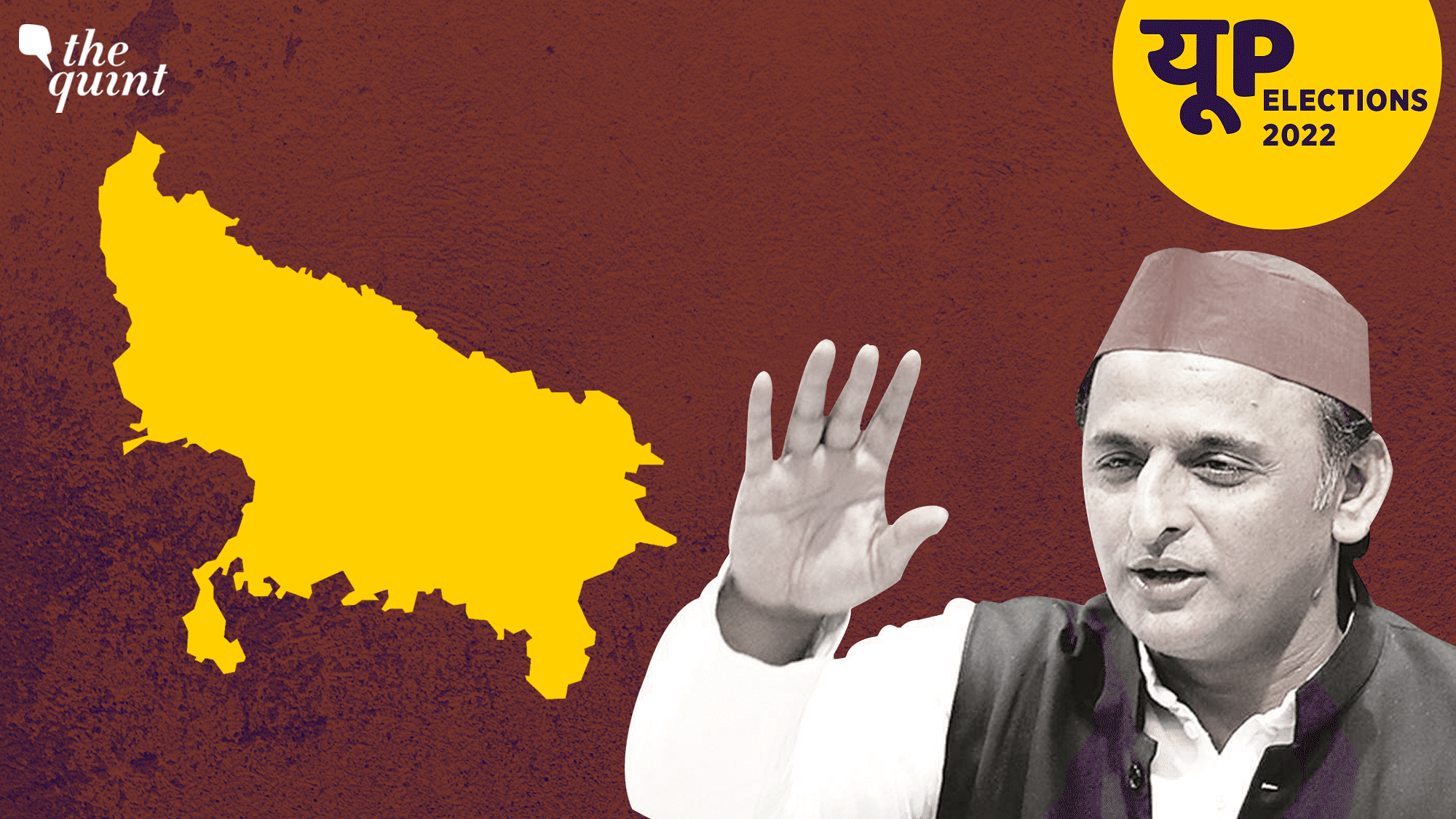
Uttar Pradesh Elections Phase 2: SP Hopes for Big Gains; These 4 Factors Are Key
The Quint
Sunanda K. Datta-Ray | Identity politics threat to social cohesion in India
Deccan ChronicleInside Kerala’s spiral of revenge politics
The HinduDiscover Related

